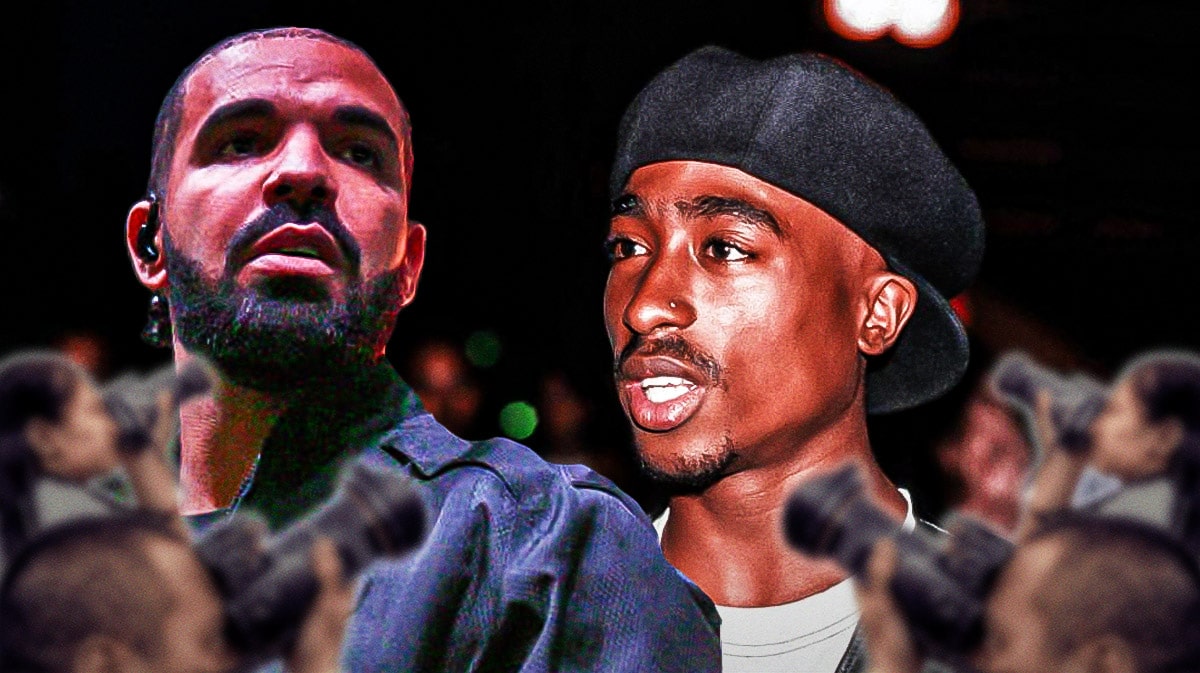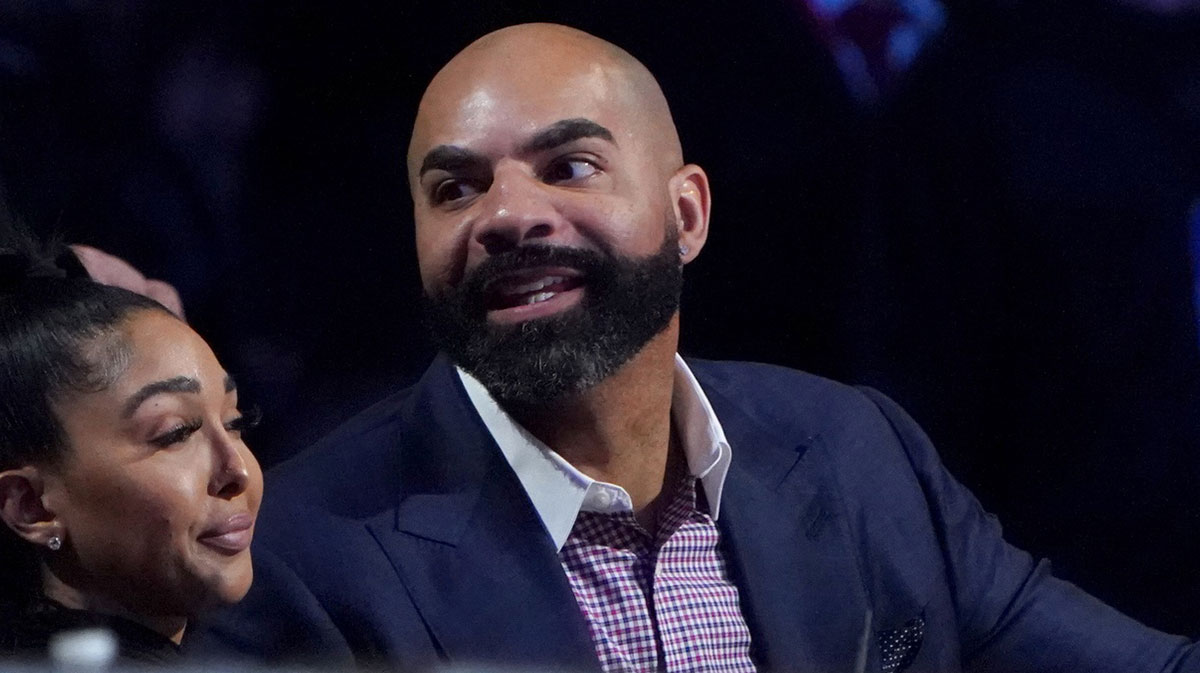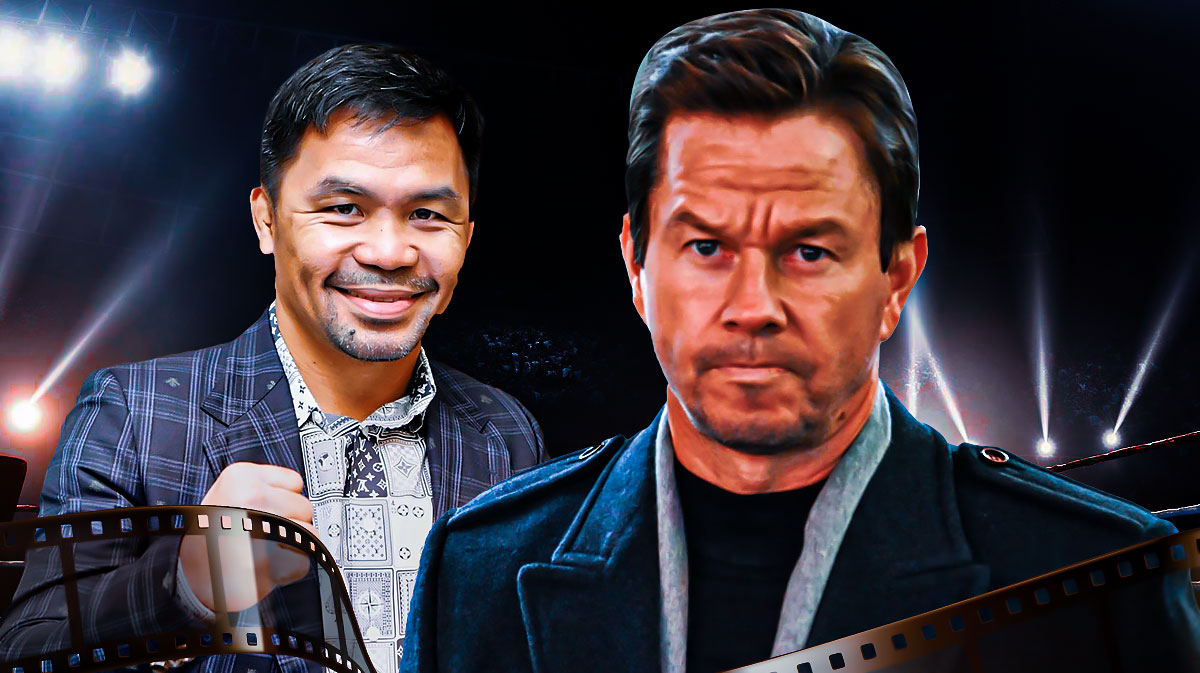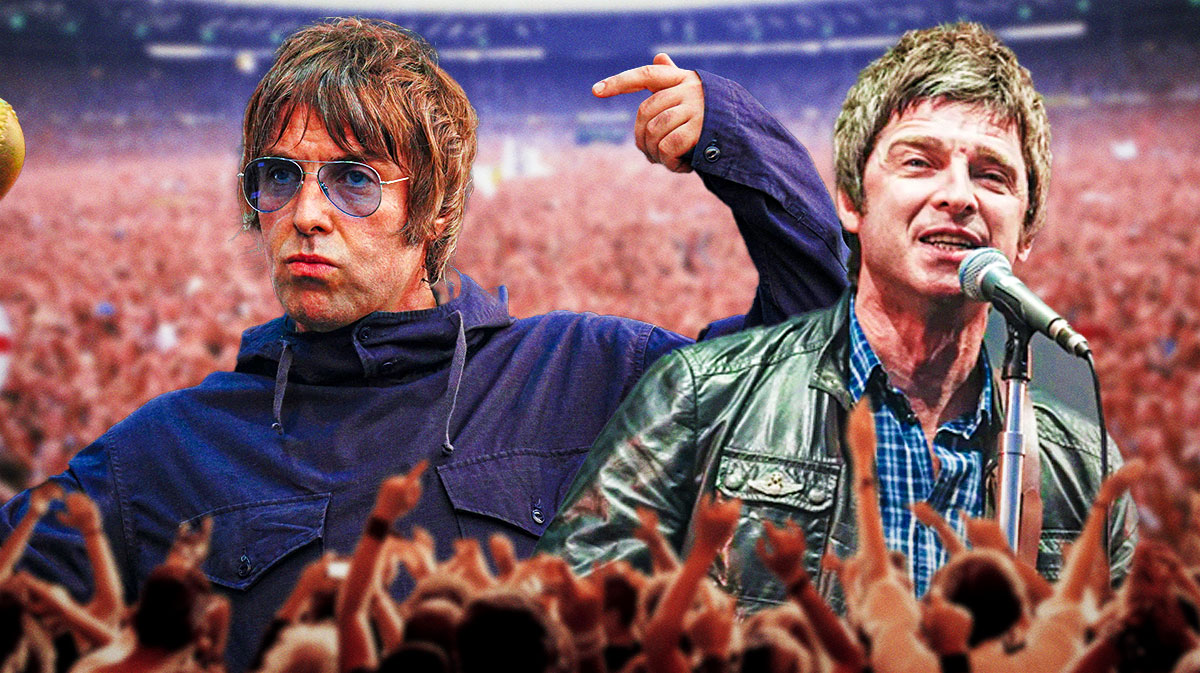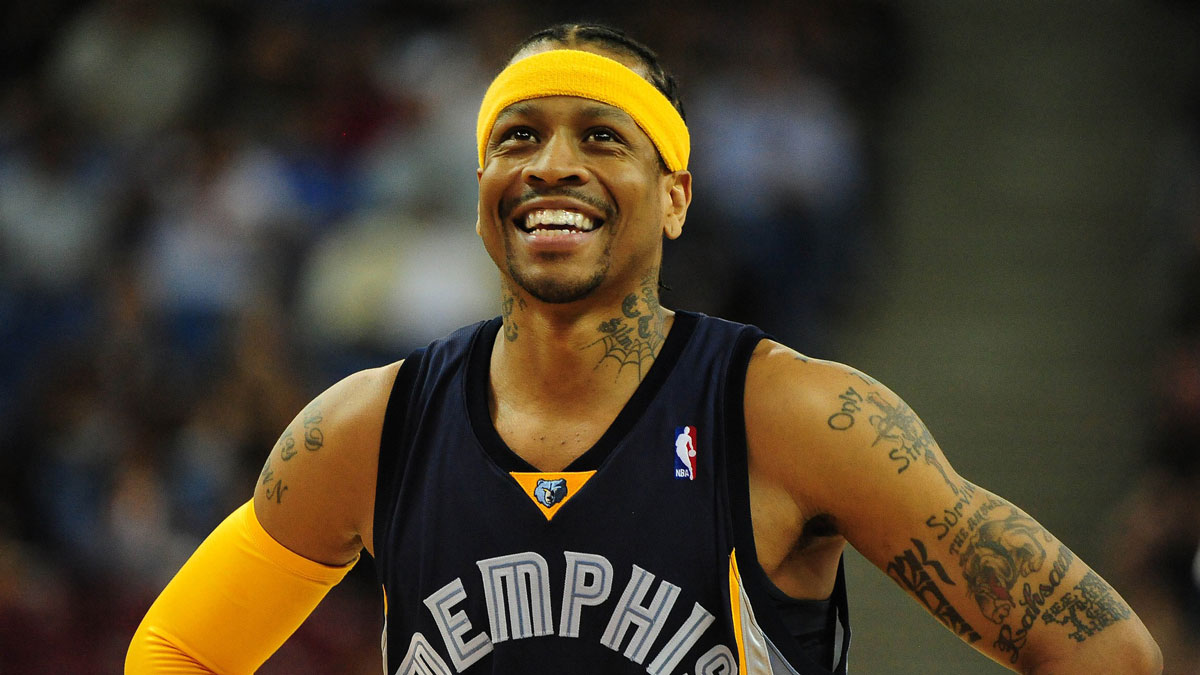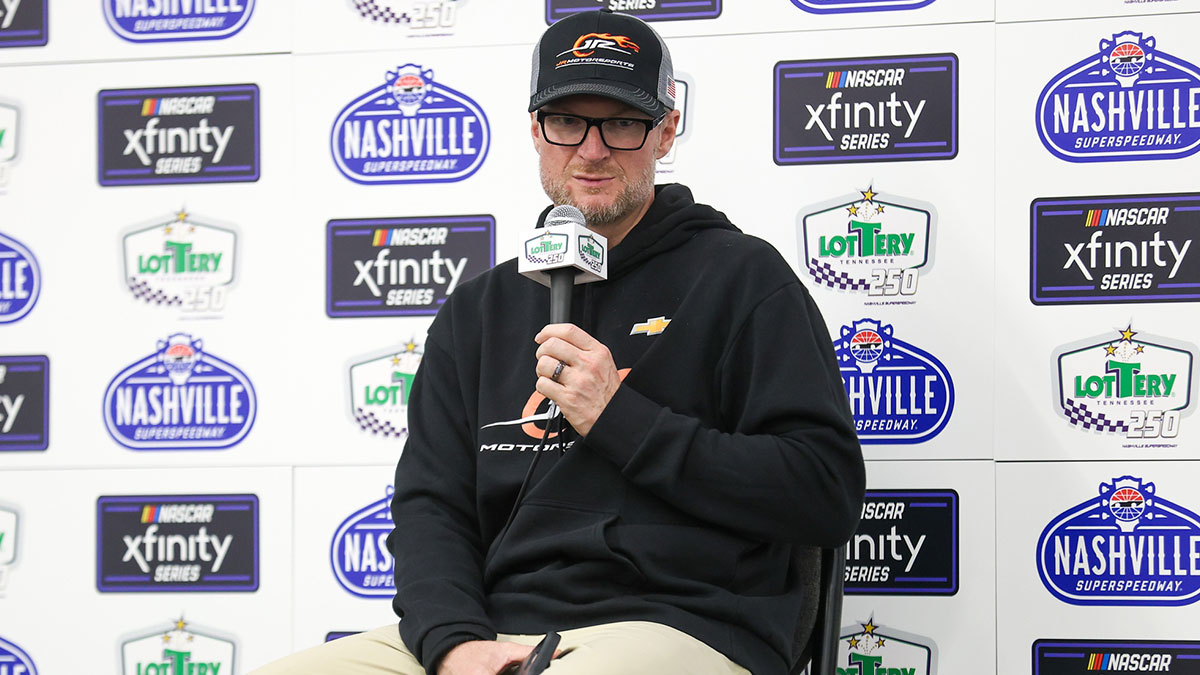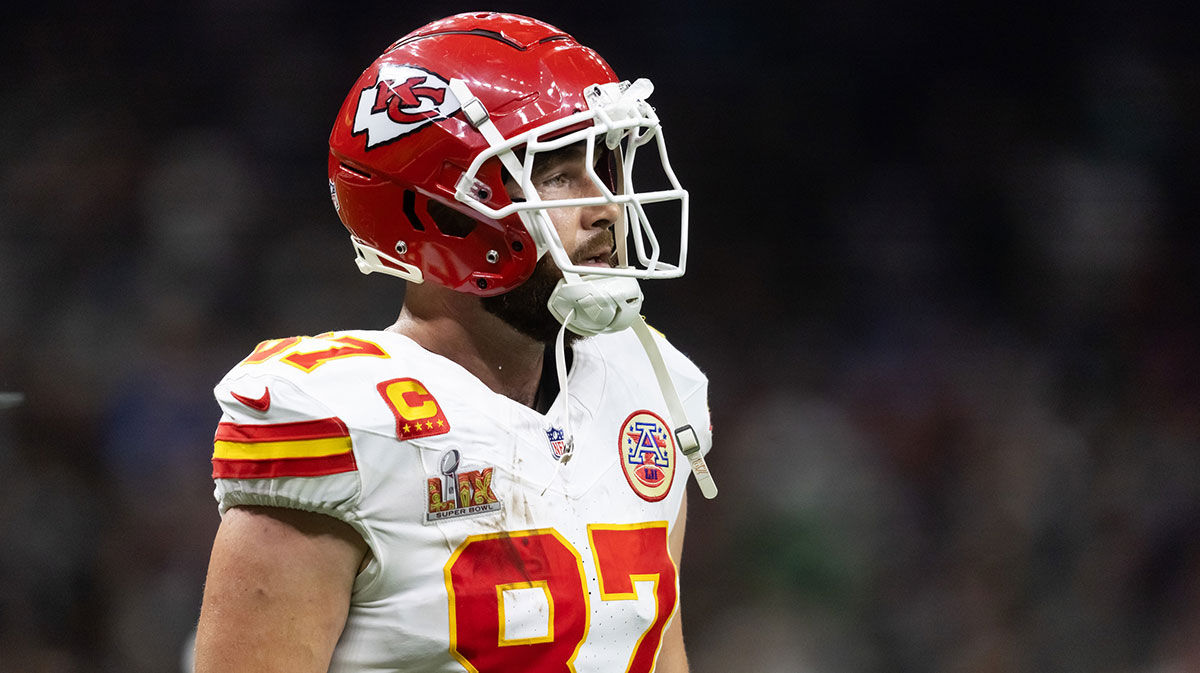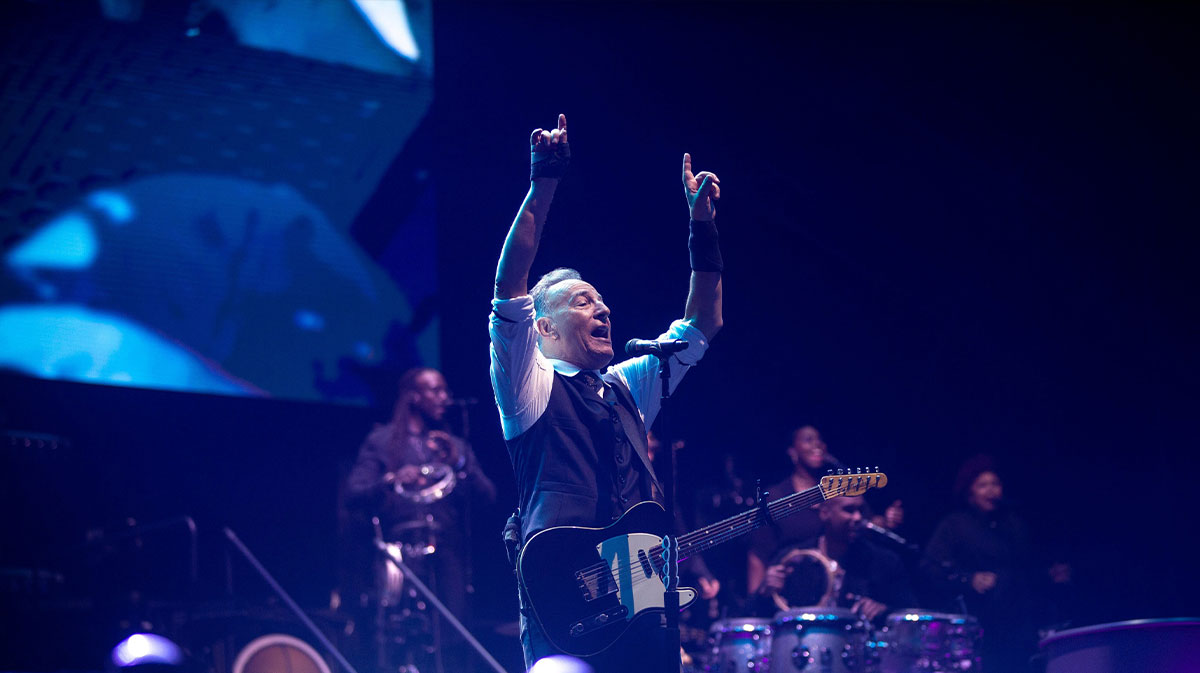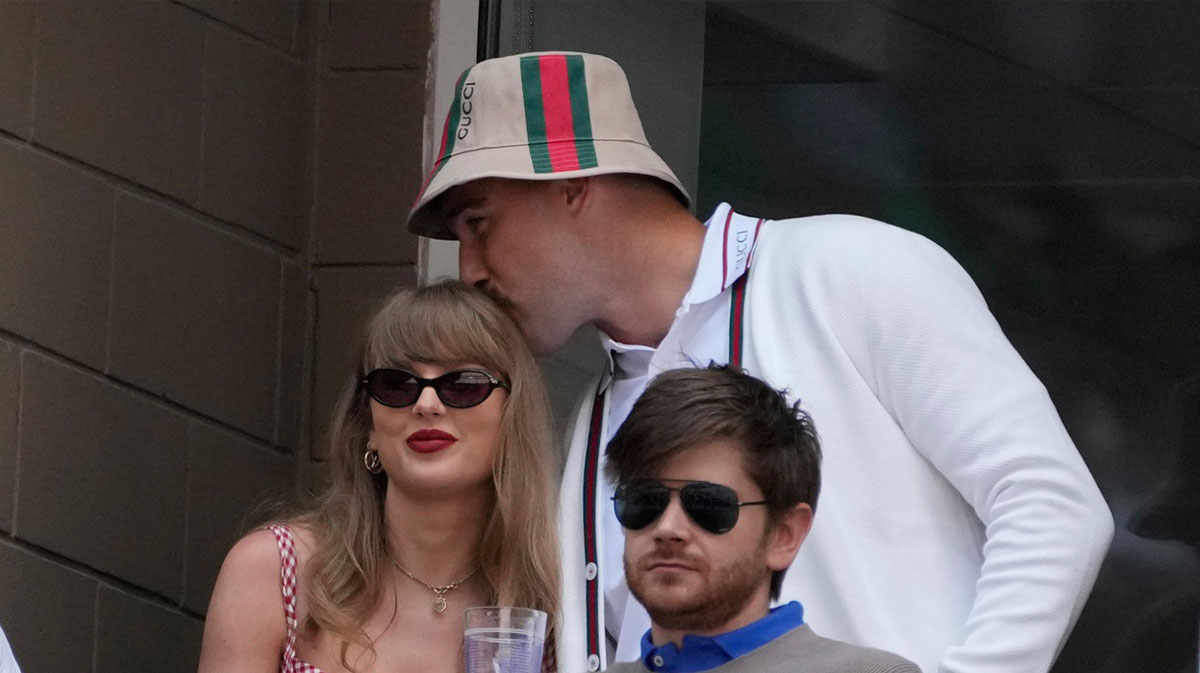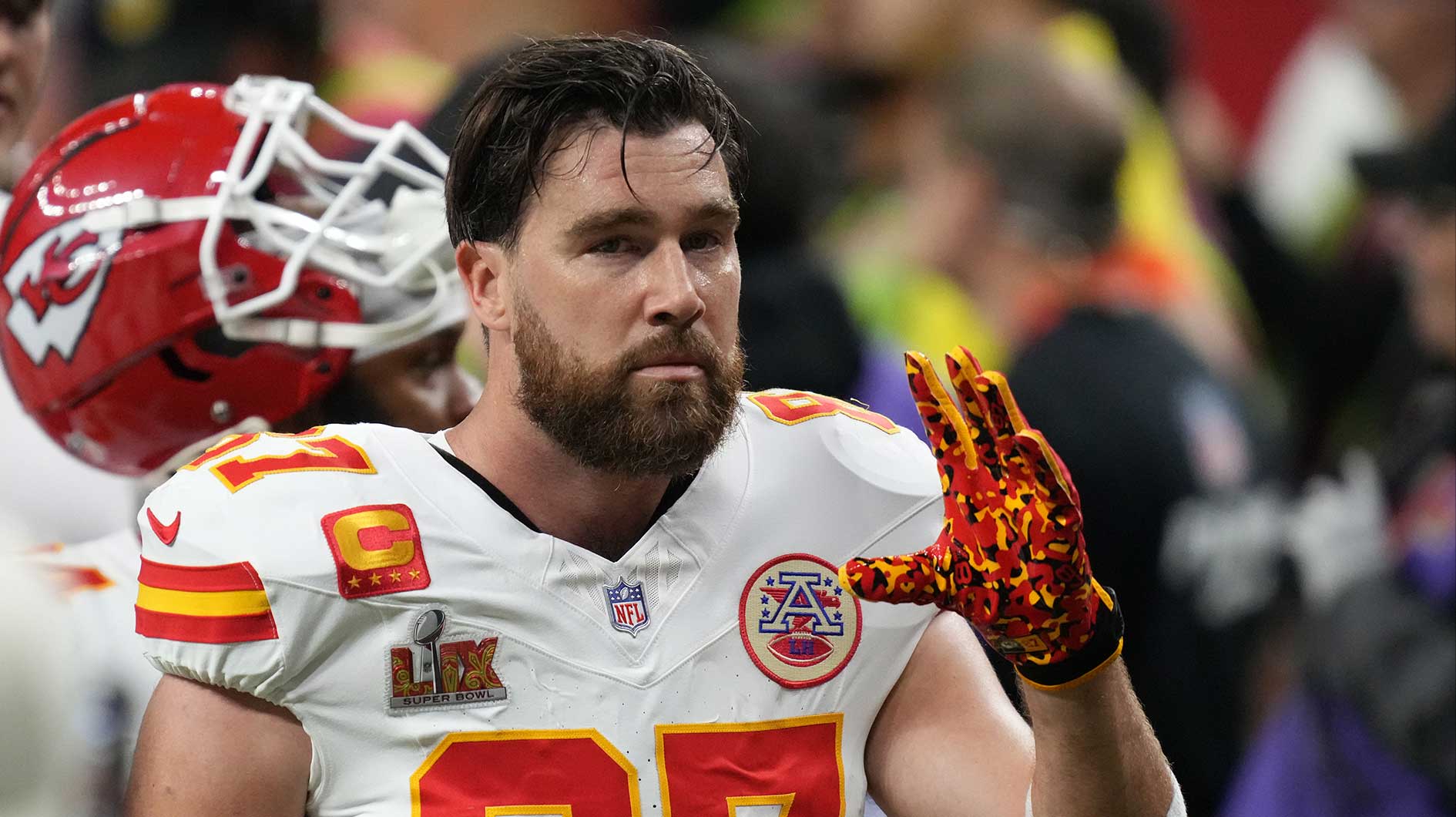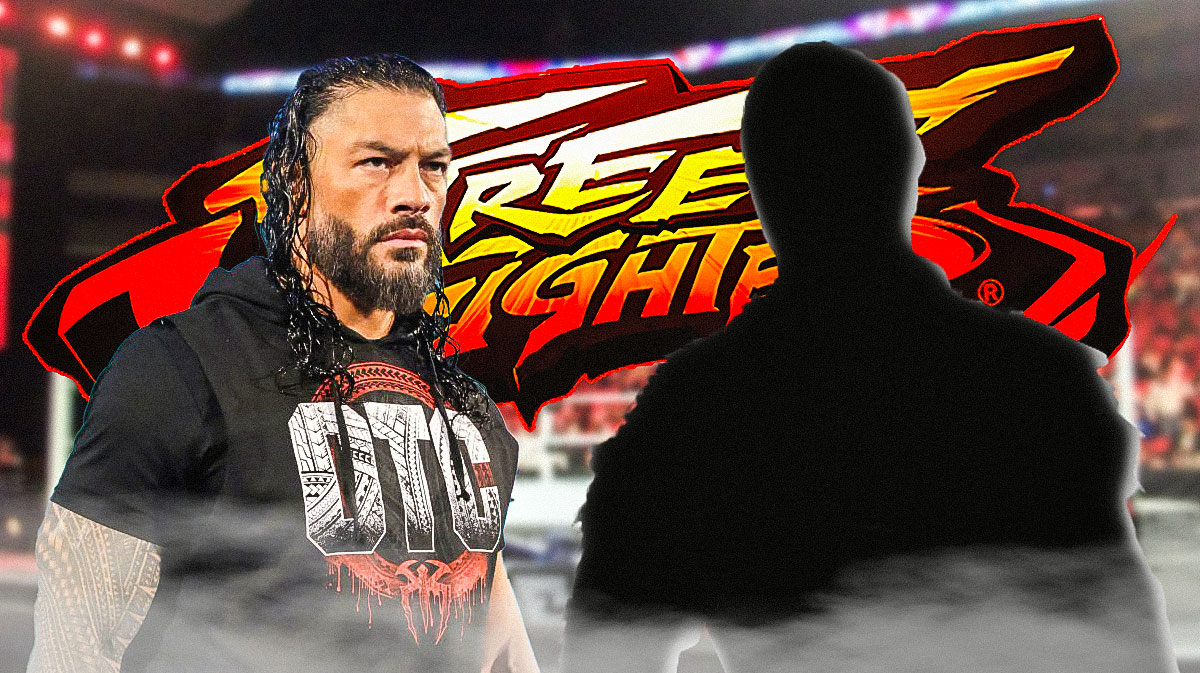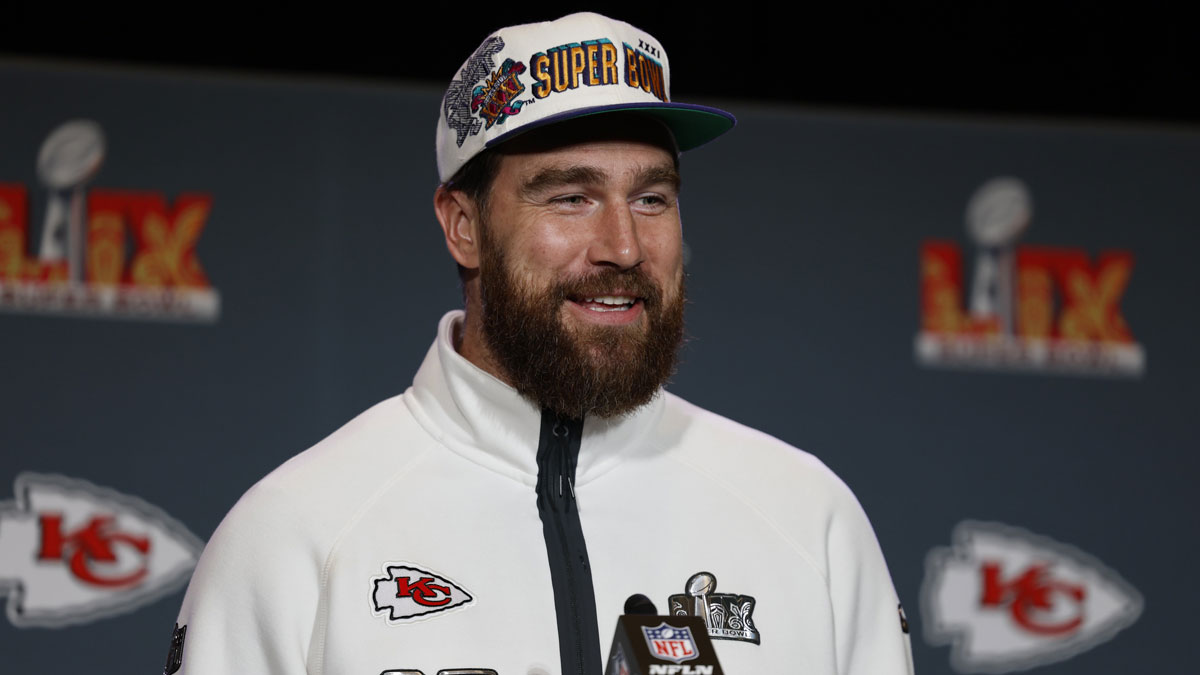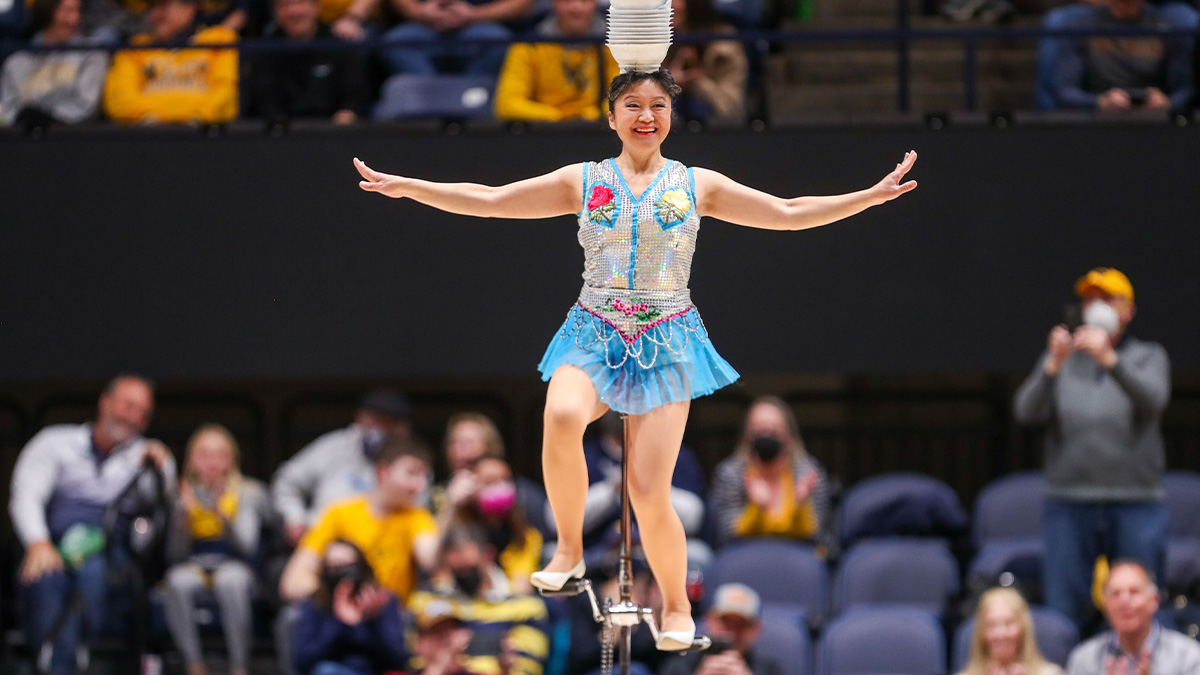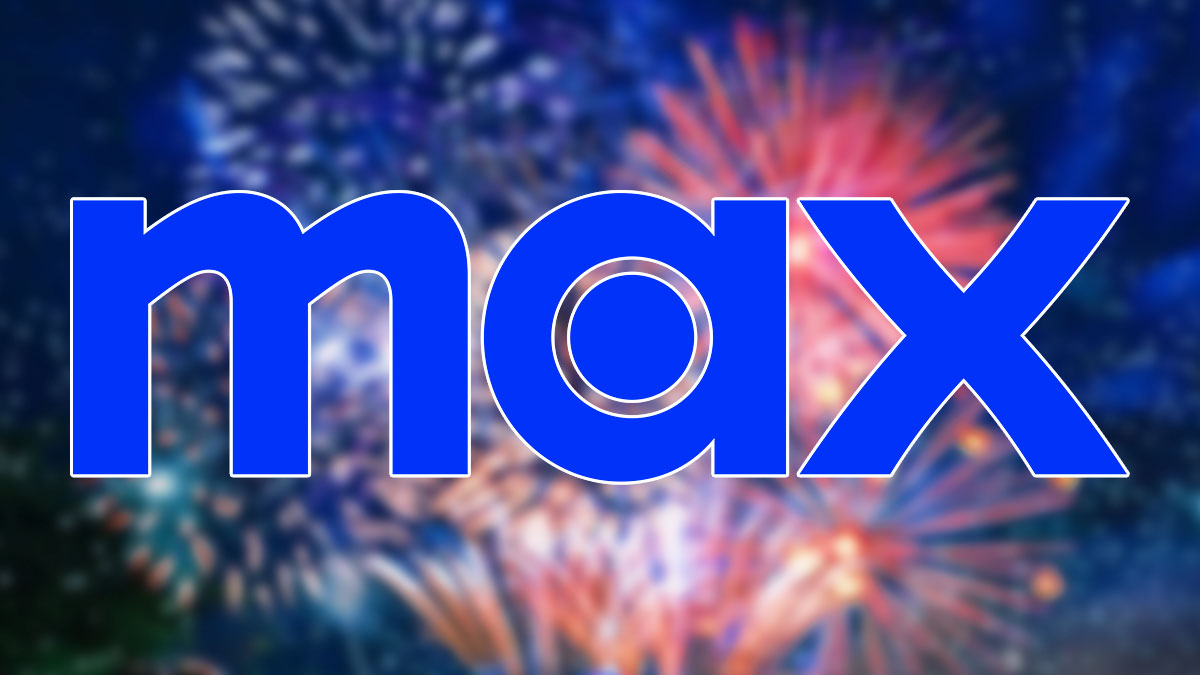Tupac Shakur's estate has issued a stern warning to Drake regarding his recent use of an AI-generated version of the late rapper's voice on a diss track targeting Kendrick Lamar. This action has sparked significant legal threats from the estate, claiming a “flagrant violation” of Tupac's publicity rights and a “blatant abuse” of his legacy, Billboard reports.
Legal Challenges and Estate Disapproval
In a cease-and-desist letter obtained by Billboard, the estate's attorney Howard King emphasized the unauthorized nature of Tupac's voice usage in Drake's “Taylor Made Freestyle.” King expressed the estate's disappointment, stating that the use of Tupac’s persona in this context was without permission and in direct conflict with the values associated with the hip-hop icon. The letter demands that Drake confirm the track's removal within 24 hours or face potential legal action.
When Jada heard Tupac’s voice: https://t.co/AvB4vZn4jL pic.twitter.com/WoPwrxCGbg
— your favorite dad (@malcolmpyeung) April 24, 2024
King’s letter criticized the track not just for the unauthorized use of Tupac’s voice but also for employing it in a manner that disrespects Kendrick Lamar, who is publicly known to have revered Tupac and maintained a respectful relationship with his legacy. The misuse of Tupac's voice to antagonize Lamar adds to the estate’s grievance, compounding the perceived insult and misuse of the legendary artist’s legacy.
Drake released “Taylor Made Freestyle” as part of an ongoing feud with Lamar, incorporating not only Tupac but also Snoop Dogg via AI technology to mimic their voices. This track has drawn considerable attention not only for its lyrical content but also for its technical implications in the use of AI in music.
The Broader Implications of AI in Music
The controversy surrounding “Taylor Made Freestyle” highlights broader issues in the music industry regarding AI technology's role. AI-generated voices can mimic iconic singers closely, raising questions about copyright and publicity rights. The estate argues that Drake's track likely utilized an AI model trained on copyrighted Tupac recordings, potentially violating copyright laws.
This incident has reignited discussions about the protection of artists' legacies in the age of digital reproduction and artificial intelligence. Recent legislation, such as Tennessee's ELVIS Act, seeks to address these challenges by expanding publicity rights to include digital reproductions. Similar federal measures are also in consideration, which could further clarify the legal landscape.
Drake’s team has yet to respond publicly to the demands of Tupac’s estate. Meanwhile, Snoop Dogg’s reaction to his own AI-generated voice in the track suggests he's more neutral, “They did what? When? How? Are you sure?”
This legal dispute comes at a time when Drake himself has previously fought against unauthorized uses of his image, lending a layer of irony to the current situation. His experience with issues surrounding the AI-generated track “Heart on My Sleeve” last year, which used his voice without permission, makes this new controversy particularly notable.
Tupac’s estate is now poised to take serious legal action if their demands are not met, setting the stage for a potentially precedent-setting clash over the use of AI technology to replicate the voices and likenesses of deceased artists. As the deadline approaches, the music industry watches closely, aware that the outcome could have lasting effects on how artists control their creative legacies and identities.
